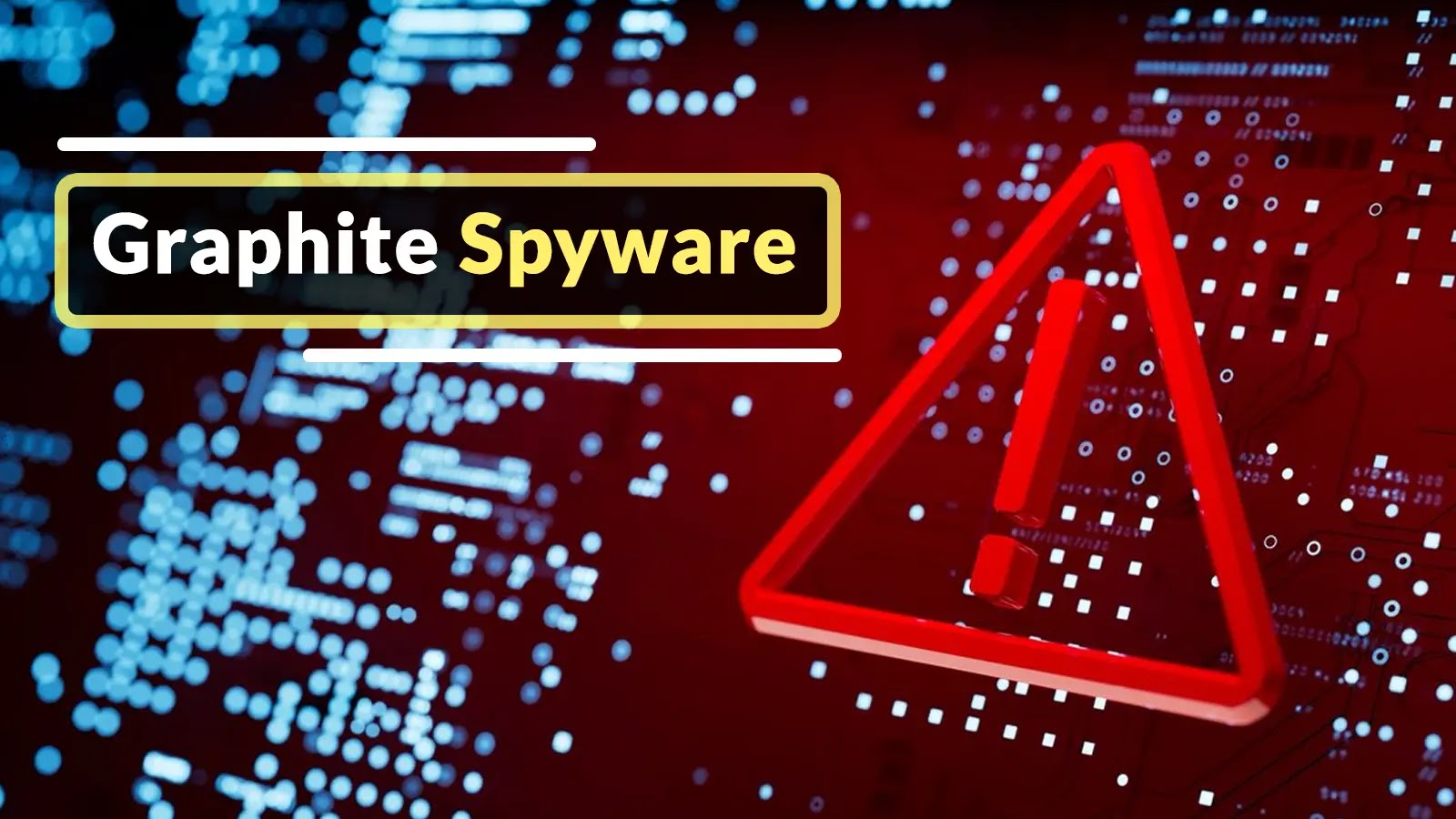
Italian Adviser Becomes Latest Target in Expanding Paragon Graphite Spyware Surveillance Case
The digital shadows continue to lengthen across Italy’s political landscape as another prominent figure falls victim to sophisticated surveillance tactics. Francesco Nicodemo, a respected political communications strategist and former Democratic Party communications director, has been identified as a new target in the expanding Paragon spyware surveillance campaign. This development signals a worrying escalation in the scope of digital espionage, impacting not just national security but also the fundamental principles of privacy and political discourse.
The Expanding Reach of Paragon Graphite Spyware
The latest revelation, focusing on Nicodemo, underscores the persistent and evolving threat posed by advanced surveillance tools like Paragon Graphite. Previously, the use of such spyware has been linked to various politically motivated monitoring efforts, raising alarm bells among cybersecurity professionals and human rights advocates alike. Nicodemo, currently at the helm of the communications agency Lievito, finding himself a target highlights how widely these tools are being deployed against individuals in critical public-facing roles.
Who is Francesco Nicodemo and Why is He a Target?
Francesco Nicodemo’s background as a political communications strategist and his prior role as the Democratic Party’s communications director position him as an individual with significant influence and access to sensitive political information. His current leadership of Lievito further solidifies his standing in the Italian political and media sphere. Targets like Nicodemo are often selected due to their involvement in critical communications, policy-making, or strategic advising, making their compromised devices a rich source of intelligence for adversaries, whether state-sponsored or otherwise. The specific motivations behind Nicodemo’s targeting are not explicitly detailed in the initial reports but often revolve around political intelligence gathering, disruption, or reputation damage.
The Mechanics of Graphite Spyware Attacks
While the exact infection vector for Nicodemo is not publicly disclosed, Paragon Graphite spyware, like many of its counterparts, typically employs a range of sophisticated attack methods. These can include:
- Zero-Click Exploits: These are highly prized vulnerabilities in widely used software (email clients, messaging apps, operating systems) that allow attackers to compromise a device without any user interaction. These are extremely difficult to detect and defend against.
- Phishing and Spear-Phishing: Tailored social engineering attacks designed to trick targets into clicking malicious links or opening infected attachments. For high-profile individuals, these are often meticulously crafted to appear legitimate.
- Supply Chain Attacks: Compromising software updates or legitimate applications to deliver the spyware covertly.
Once deployed, Graphite spyware is designed to achieve deep access to a device, enabling a wide array of surveillance capabilities, including:
- Intercepting communications (calls, messages, emails).
- Accessing stored data (documents, photos, contacts).
- Activating microphones and cameras remotely.
- Tracking location data.
Remediation Actions and Proactive Defense Strategies
Defending against advanced persistent threats (APTs) and sophisticated spyware like Paragon Graphite requires a multi-layered approach. For individuals and organizations, particularly those in politically sensitive domains, immediate and ongoing actions are crucial.
- Immediate Actions if Compromised (or Suspected):
- Isolate the Device: Disconnect the compromised device from all networks (Wi-Fi, cellular, Bluetooth).
- Professional Forensic Analysis: Engage cybersecurity experts to perform a thorough forensic examination of the device to identify the spyware, its capabilities, and scope of compromise.
- Change All Credentials: Assume all passwords and authentication tokens associated with the device have been compromised. Change them immediately from a clean device.
- Notify Relevant Authorities: Report the incident to appropriate law enforcement and cybersecurity agencies.
- Backup Essential Data (Carefully): Backup critical non-executable data to a secure, offline storage before wiping the device.
- Wipe and Reinstall: Perform a complete factory reset and reinstall the operating system from a trusted source. Do not restore from potentially compromised backups.
- Proactive Defense Strategies:
- Maintain Software Updates: Regularly update operating systems, applications, and firmware. Many spyware campaigns exploit known vulnerabilities. For example, keeping an eye on recent iOS or Android vulnerabilities (though specific CVEs related to Graphite’s current exploits are often kept under wraps due to their potency) is critical.
- Strong Authentication: Implement strong, unique passwords and multi-factor authentication (MFA) on all accounts, especially for email, social media, and sensitive professional platforms.
- Email and Messaging Hygiene: Exercise extreme caution with suspicious links, attachments, or unsolicited messages, even if they appear to come from trusted sources. Verify legitimacy through alternative communication channels.
- Endpoint Protection: Utilize reputable endpoint detection and response (EDR) solutions that can detect anomalous behavior indicative of spyware.
- Network Monitoring: Implement intrusion detection/prevention systems (IDS/IPS) and monitor network traffic for suspicious patterns or unauthorized data exfiltration.
- Device Security Audits: Regularly audit mobile devices and computers for unauthorized applications or unusual system activity.
- Security Awareness Training: Provide ongoing training for individuals and staff on the latest social engineering tactics and cybersecurity best practices.
- Limit Public Information: Be mindful of the information shared publicly that could be used for spear-phishing attacks.
The Broader Implications for Digital Privacy and Geopolitics
The targeting of Francesco Nicodemo is more than an isolated incident; it’s a stark reminder of the broader geopolitical implications of commercial spyware. The proliferation of powerful surveillance tools to various state and non-state actors poses a significant threat to democratic processes, human rights, and the security of individuals worldwide. These tools often operate in a legal and ethical grey area, leading to calls for greater international regulation and accountability for both the developers and purchasers of such technologies.
The ongoing expansion of the Paragon Graphite spyware surveillance case underscores a critical challenge to digital security. As political figures and communications specialists become increasingly reliant on digital platforms, the imperative for robust cybersecurity measures, ethical oversight, and a collective defense against sophisticated digital espionage has never been more pressing. Protecting these prominent voices is paramount to safeguarding democratic discourse and individual freedoms.





